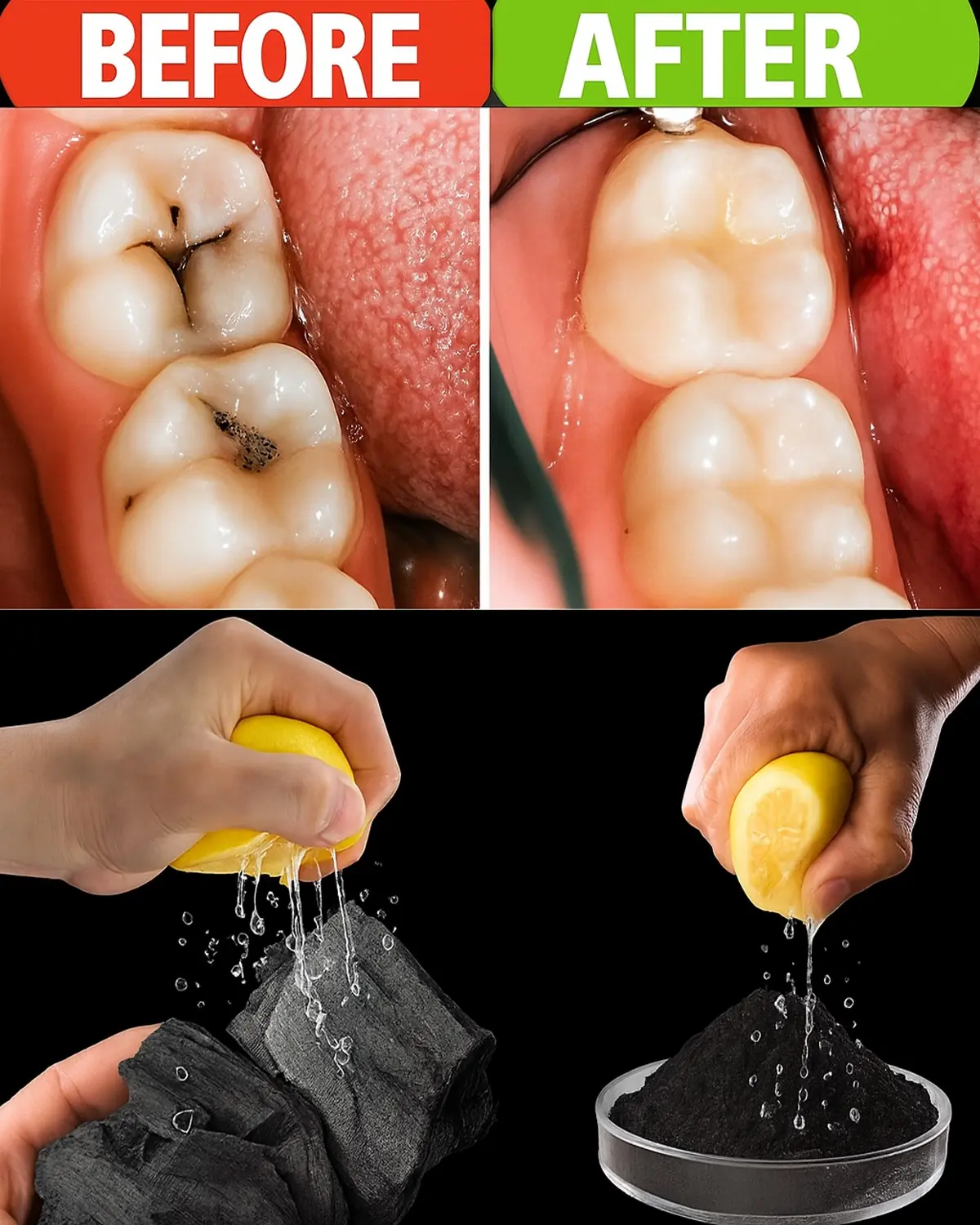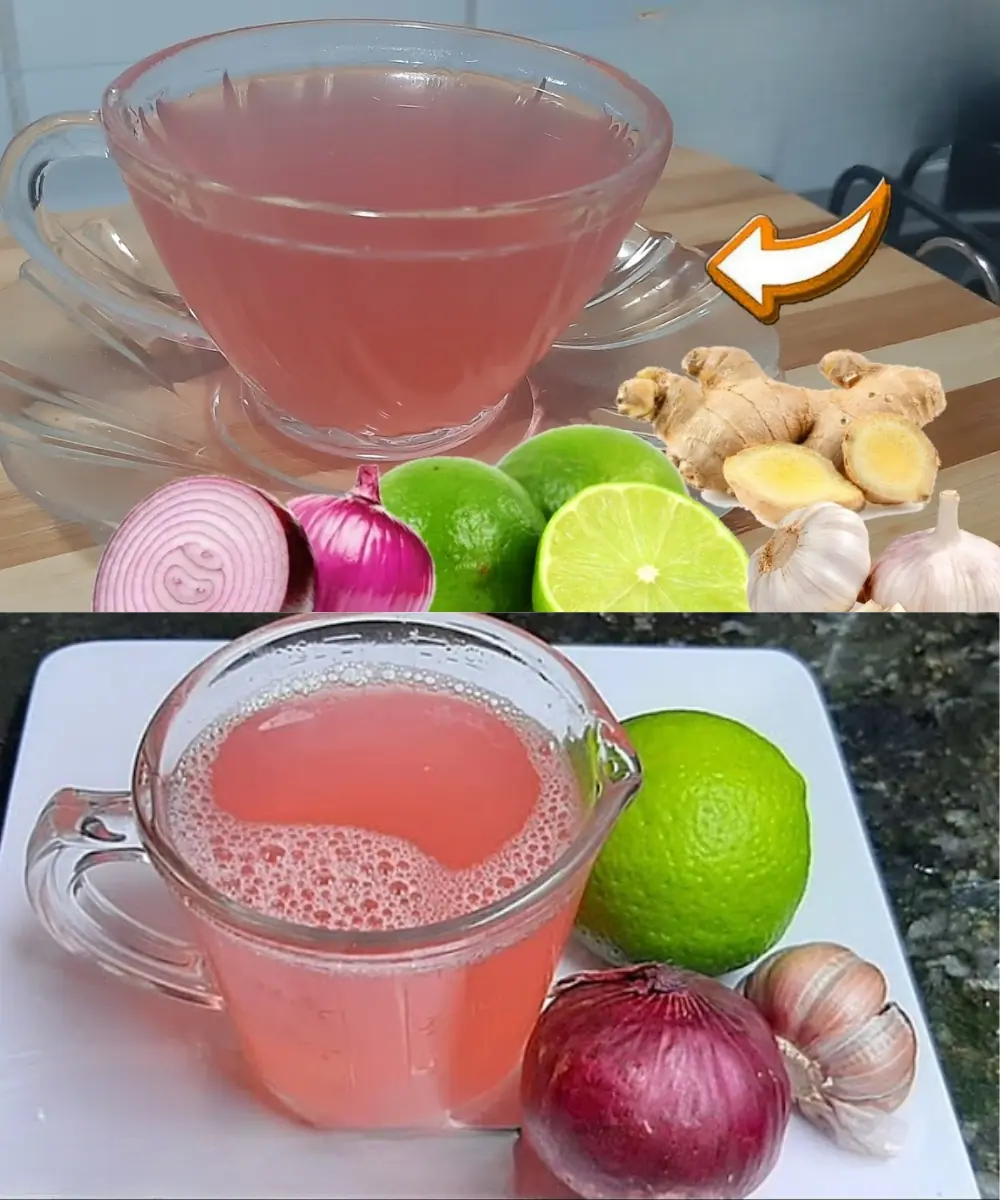
Natural Remedy? Lemon and Charcoal for Tooth Decay

Tooth decay is one of the most common oral health problems in the world, affecting both children and adults. According to the CDC, more than 90% of adults have experienced at least one cavity in their lifetime. While dentists play the leading role in treating decay, many people are curious about home remedies that could help support daily oral care. Among the most talked-about options are lemon and activated charcoal. But do they really help—or could they cause more harm than goo
This article will walk you through the potential benefits, risks, and safe ways to incorporate lemon and charcoal into a natural oral care routine, while reminding you when it’s time to seek professional help.
Lemon for Oral Health: Benefits and Risks
Lemon is praised for its vitamin C and natural antibacterial properties. Some traditional practices recommend lemon juice to freshen breath or lighten stains.
Potential Benefits
- May reduce oral bacteria temporarily due to acidity
- Provides vitamin C, which supports gum health
- Can help cut through food residue after meals
Risks to Consider
- Highly acidic: repeated use erodes enamel, leading to sensitivity
- Can worsen existing cavities or gum irritation
- Not recommended for direct daily application on teeth
Safer Use Tip: If you enjoy lemon water, drink it through a straw and rinse your mouth with plain water afterward to minimize acid contact with enamel.
Activated Charcoal for Teeth

Activated charcoal has become a trendy ingredient in toothpastes and powders. It is thought to bind to particles, possibly helping remove surface stains.
Potential Benefits
- Mild abrasive action may reduce discoloration from coffee, wine, or smoking
- Adsorptive properties might help freshen breath
Risks to Consider
- Overuse can wear down enamel
- Limited scientific evidence proving effectiveness against plaque or cavities
- Charcoal particles may irritate gums if applied aggressively
Safer Use Tip: If you want to try charcoal, choose a toothpaste formulated with it rather than raw powder. Limit use to once or twice a week.
What Really Helps Prevent Tooth Decay

While lemon and charcoal may offer cosmetic or minor supportive effects, they do not cure tooth decay. What actually protects your teeth is:
- Brushing twice daily with fluoride or gentle natural toothpaste
- Flossing once a day to remove food between teeth
- Rinsing with water after acidic or sugary meals
- Limiting sugar intake
- Regular dental checkups to catch early signs of decay
Conclusion
Lemon and charcoal may sound appealing as natural remedies, but they come with significant risks if misused. Lemon can erode enamel, and charcoal can be abrasive if overused. At best, they might temporarily reduce stains or freshen breath. At worst, they could accelerate tooth sensitivity and decay.
The bottom line: If you want to experiment, do so with caution and always pair these methods with proven oral care practices. For any signs of pain, cavities, or bleeding gums, consult a dental professional promptly.

FAQs
Can lemon juice remove cavities?
No. Cavities require professional treatment. Lemon juice may make them worse.
Is activated charcoal safe for kids?
Not recommended. Children’s enamel is softer and more vulnerable to abrasion.
What’s the safest natural remedy for oral health?
Saltwater rinses, green tea, and crunchy vegetables are safer daily options.
Disclaimer: This article is for educational purposes only and does not replace professional dental care. Always consult your dentist before trying new remedies.
News in the same category


Don’t Drink Coconut Water Before You Know These 11 Secrets!

Pumpkin Seed Milk — The Natural Parasite Cleanser

Fast Rice Water Trick for a Brighter Smile

Morning Drink to Revive Your Kidneys Fast

The Onion Recipe That Could Transform Your Blood Sugar, Support Cleaner Arteries, and Protect Your Heart!

Top 4 Fruits That Help Your Kidneys Flush Out Toxins While You Sleep

Ginger, Clove, and Honey: The Natural Trio Your Body Will Thank You For

Heal 15 Years of Joint Pain Naturally with Turmeric and Honey Tea

This Juice Revived My Grandma’s Energy — Say Goodbye to Fatigue and Body Pain with This Natural Recipe

I’m 66 but Look 36 — My Secret? Aloe Vera & Ginger for Firm, Smooth Skin

How to Make Okra Water to Treat 17 Health Problems Naturally

Banana and Egg Mask to Look Younger Even in Your 80s

Scent Leaf Secrets Unveiled: 10 Surprising Health Benefits of This Miracle Herb

From White Hair to Black Hair Naturally in Just 5 Minutes — Fast Hair Growth Remedy

Boost Your Immune System Year-Round with Garlic, Onion, and Lemon

When You Start Eating 2 Eggs Every Day, Here’s What Happens to Your Body (Is It BAD??)

13 Warning Signs Your Kidneys Are Failing – Don’t Ignore These Symptoms

Save Your Heart: 8 Foods to Naturally Lower Cholesterol

Silent Signs of Artery Blockages Seniors Can’t Ignore
News Post

WHAT HAPPENS WHEN WE TONGUE KISS…See more

Nature’s Secret: 4 Healing Leaves That Support Metabolism, Immunity & Circulation Naturally

Don’t Drink Coconut Water Before You Know These 11 Secrets!

Pumpkin Seed Milk — The Natural Parasite Cleanser

Fast Rice Water Trick for a Brighter Smile

Morning Drink to Revive Your Kidneys Fast

The Onion Recipe That Could Transform Your Blood Sugar, Support Cleaner Arteries, and Protect Your Heart!

Top 4 Fruits That Help Your Kidneys Flush Out Toxins While You Sleep

Ginger, Clove, and Honey: The Natural Trio Your Body Will Thank You For

Heal 15 Years of Joint Pain Naturally with Turmeric and Honey Tea

This Juice Revived My Grandma’s Energy — Say Goodbye to Fatigue and Body Pain with This Natural Recipe

The Benefits of Eating 2 Boiled Eggs Every Morning: Transform Your Health!

If Your Kidneys Are in Danger, Your Body Will Send You These 8 Signals — Don’t Ignore Them

The Surprising Effects of Avocado on Your Heart and Brain

Ways to Get Over a Man Who Didn’t Value You

I’m 66 but Look 36 — My Secret? Aloe Vera & Ginger for Firm, Smooth Skin

How to Make Okra Water to Treat 17 Health Problems Naturally

Banana and Egg Mask to Look Younger Even in Your 80s

Scent Leaf Secrets Unveiled: 10 Surprising Health Benefits of This Miracle Herb
